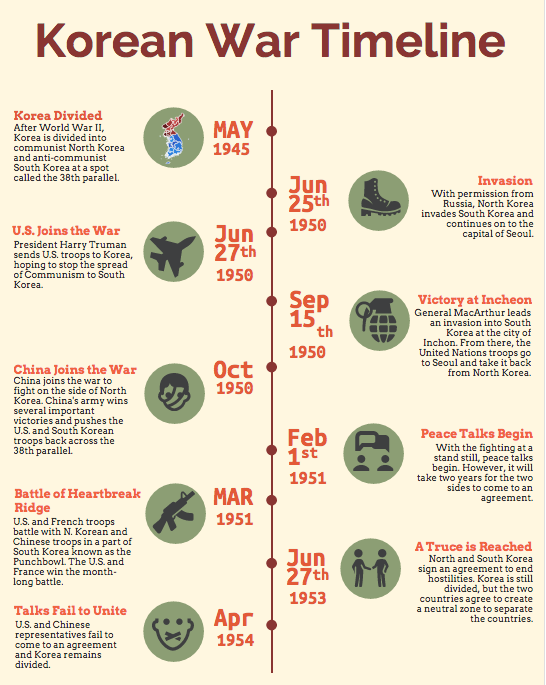International Relations
India-South Korea Relations
- 24 Jul 2020
- 8 min read
This article is based on “Deepening India-South Korea ties” which was published in The Hindu on 24/07/2020. It talks about the need for developing people to people between India and South Korea.
India-South Korea relations have made rapid strides in recent years. With the convergence of India’s Act East Policy (AEP) and South Korea’s New Southern Policy (NSP), there has been an acceleration of economic and strategic relations between the two countries.
Bilateral ties, especially in the last decade, have grown robust and multi-dimensional, encompassing a wide range of interests, including nuclear disarmament, maritime security, regional economic cooperation, counterterrorism, and energy cooperation.
Despite the many positive stories and the massive turn-around in ties, there remains immense potential in India-South Korea relations, particularly in the realms of cultural and institutional exchanges.
India-South Korea Ties: Historical Overview
- Engagement During Korean War: India played a crucial and decisive role in Korean affairs soon after the latter’s independence in 1945.
- India’s first foreign secretary, K P S Menon, served as Chairman of the nine-member United Nations (UN) Commission that was set up in 1947 to oversee elections in Korea.
- During the Korean War (1950-53), the warring sides accepted a UN resolution sponsored by India calling for a ceasefire; one was declared on 27 July 1953.
- Start of Bilateral Relations: The relationship started only in 1962 that the two countries established consular relations. It was upgraded to Ambassador-level in 1973.
- This development caused a little impact on trade and commercial relations, let alone political and people-to-people ties.
- Even then Prime Minister P.V. Narasimha Rao’s much talked about Look East Policy (LEP) in the 1990s failed to make any visible positive change in India-South Korea relations.
- Start of Strategic Convergence: An important visit by the then Indian President APJ Abdul Kalam at a critical juncture to Seoul in February 2006 opened the door for a more vibrant phase in India-South Korea relations.
- It resulted in the launching of a Joint Task Force to conclude a bilateral Comprehensive Economic Partnership Agreement (CEPA), which was operationalised on 1 January 2010.
- Also, it led to the strategic partnership between the two countries, which was later upgraded to ‘special strategic partnership’ in 2015.
Opportunities
In any international relationship, mutual respect regarding cultural values is the key to building a robust partnership between the two countries. In this context, India and South Korea can explore cooperation in the following areas.
Shared Values of Democracy
One of the most unexplored areas of cooperation to strengthen the relationship between India and South Korea is democracy. A fundamental shortcoming of democracy in Asia is the lack of government-to-government cooperation on promoting democratic values.
- Further, in Asia, India and South Korea, as democracies, share common values and have been seen above convergent interests in the region.
- As middle-power democracies in Asia where there are growing and the collective threat from authoritarian China, democracy building and cooperation can be a critical platform.
- The region, which is already experiencing the evolution of a democratic bloc in the name of Indo-Pacific quadrilateral involving India, Japan, Australia, and the US, needs the support of other middle powers such as South Korea and Indonesia.
- Thus, there is a need for serious thinking and deliberation among the various stakeholders representing South Korea and India.
Swacch Bharat and the New Village Movement
Swachh Bharat Abhiyan, launched in 2014, aims to stop open defecation and draw basic attention to sanitation and public health for overall development.
- Although the initiative has emerged as a national awareness movement, it continues to struggle with a lack of resources.
- It is in this regard that the country can learn from the experience of South Korea, especially its Saemaul Undong or New Village Movement.
- The New Village Movement (launched in 1970) encourages self-help and voluntarism for households and schools to clean up their neighbourhoods.
- The movement has had a significant impact on improving several sectors of the economy, apart from rural health and livelihoods.
Bollywood, K-pop and Korean Cuisine
For years, many aspects of Korean culture have emerged as a critical point of consumption among several states in India’s northeast. Besides, there has also been a growing fondness of Indian Bollywood films in South Korea.
- Films, music, cuisines among other cultural affinities have a huge potential to drive and deepen people-to-people relations and can act as a bridge between India and South Korea.
- It needs more institutionalised attention.
Other Areas of Cooperation
India and South Korea can cooperate on fighting global issues/challenges: climate change, freedom of navigation, internet governance, and outer space.
- Apart from it, the two countries can develop synergies on Sustainable development goals (SDGs), trade agreements, and connectivity norms.
- Also, there is a need for more openness between the think tanks/NGOs/networks of scholars/activists of the two countries.
- Promoting institutions like the Indian Culture Centre (ICC) will also be a step in the right direction.
Conclusion
There is massive scope to expand ties between India and South Korea and make it a unique relationship in Asia. What is needed is political will and new imagination in diverse areas such as cultural relations, building on people-to-people contacts, harnessing democracy and liberal values, and cementing civilisational connections.
|
Drishti Mains Question With no unpleasant historical memories between them nor geopolitical rivalries, there exists a limitless potential in India-South Korea ties. Discuss. |
This editorial is based on “Another Front” which was published in The Hindu on July 23rd, 2020. Now watch this on our Youtube Channel.







